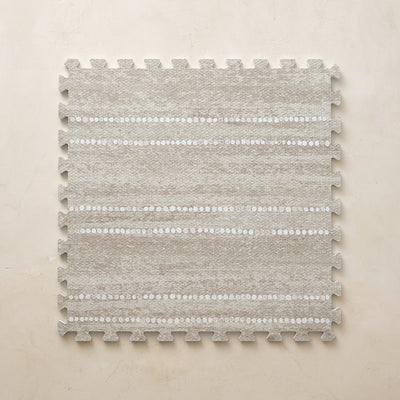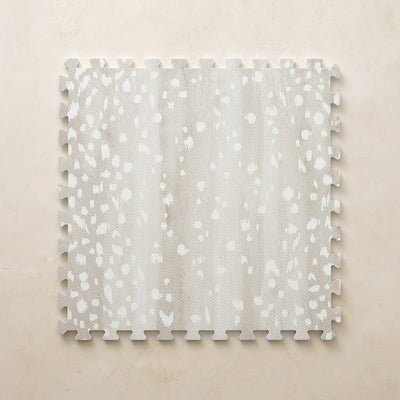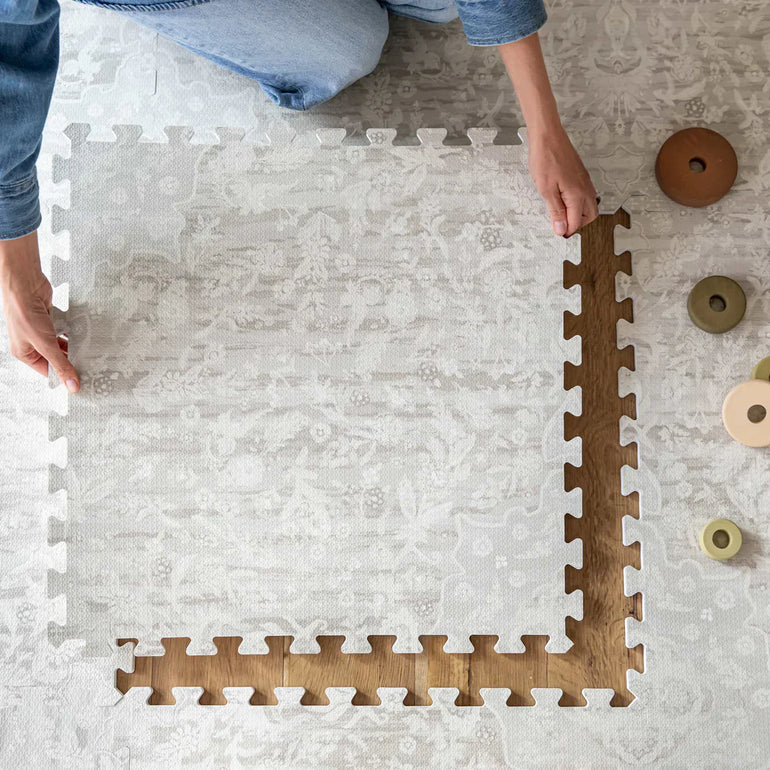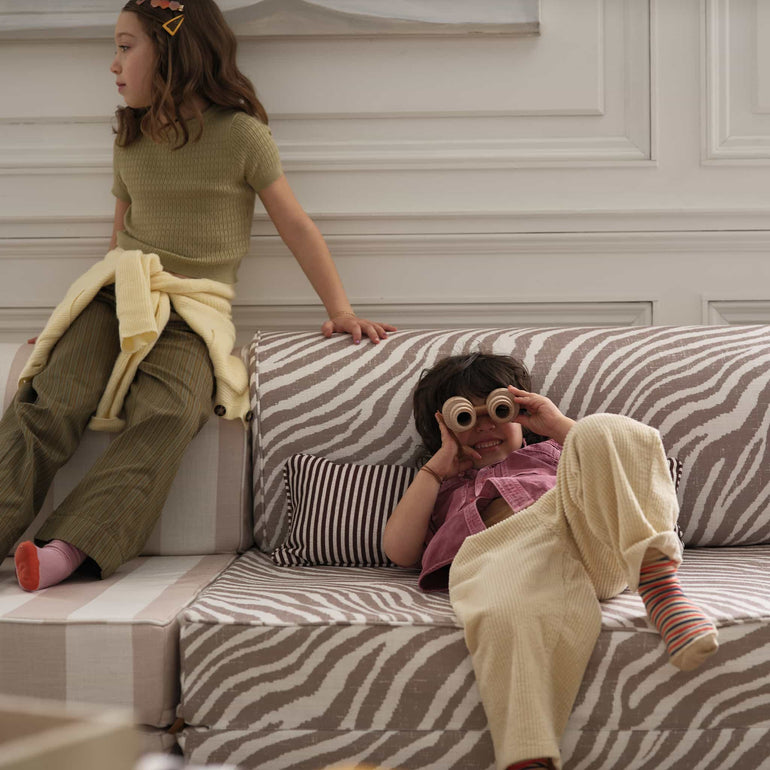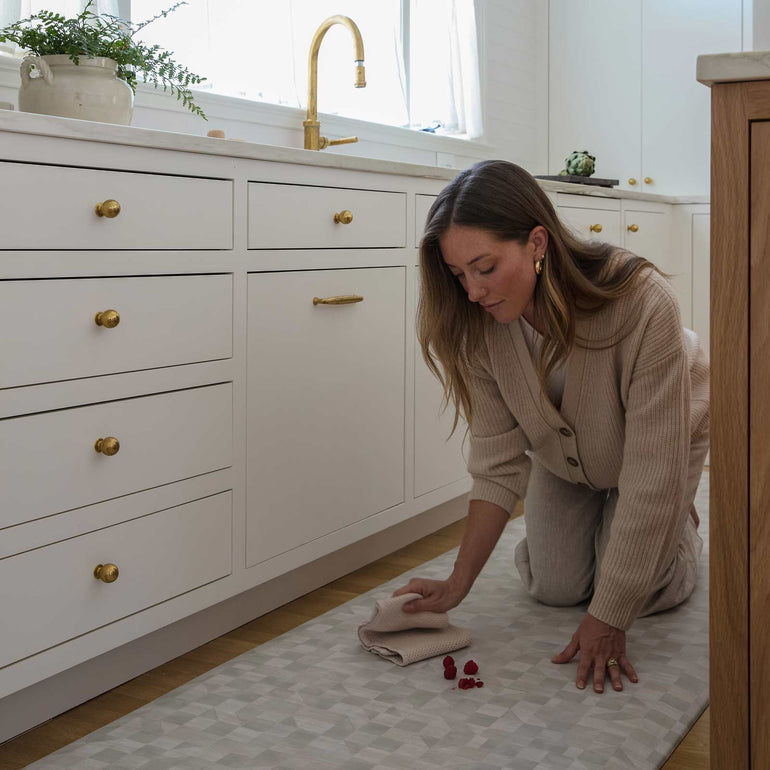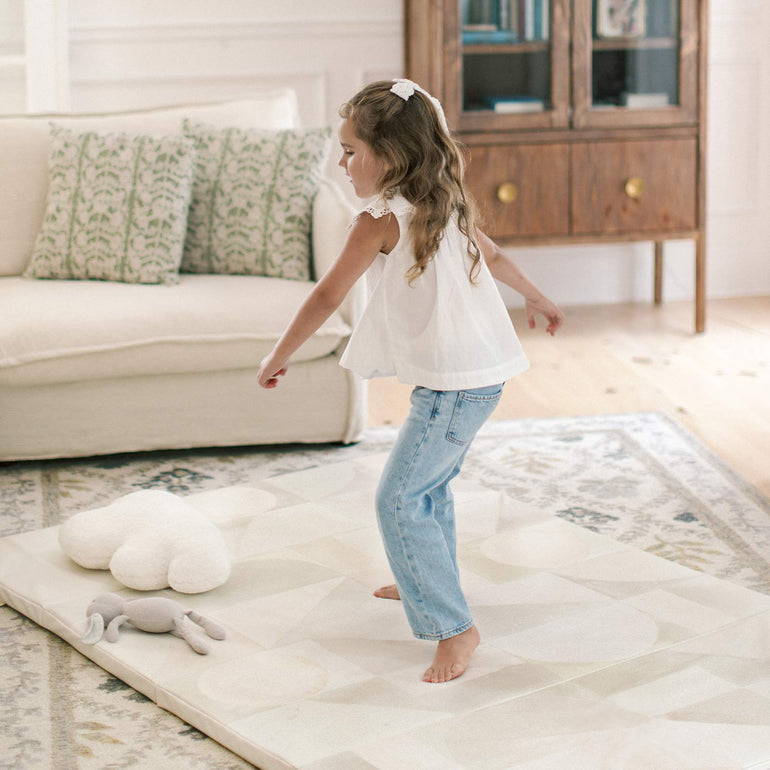
Building a baby registry can quickly shift from exciting to overwhelming. With endless lists, well-meaning advice, and trending gear, it’s easy to feel pressure to add everything “just in case.” But here’s the truth: you don’t need it all. A minimalist baby registry focuses on the essentials without sacrificing your sense of style, space, or sanity.
Whether you're tight on square footage or prefer a clutter-free approach to parenthood, this guide walks you through the items that matter most. Think of it as your calm, curated checklist for welcoming a baby with confidence and intention.
The Essentials to Put on Your Baby Registry
Every minimalist baby registry begins with the basics; those foundational items that get the most use, solve real-life needs, and help keep your daily rhythm smooth. These aren’t the flashy extras or “nice to haves.” They’re the products you’ll reach for repeatedly, whether tackling late-night diaper changes or prepping for the fourth feeding of the day.
Let’s break down the essentials into three core areas: diapering, feeding, and everyday clothing.
Diapers, Wipes, and Rash Care
You’ll turn to this category multiple times a day, starting when you bring your baby home. Add a practical amount to your registry if you choose disposable or cloth diapers. Including a mix of newborn and size 1 can help you stay prepared without overcommitting to one size too early.
Fragrance-free, gentle baby wipes are another must-have. Go for bulk packs or subscribe-and-save options and trust us, you’ll go through them faster than you think. Also don’t skip a diaper rash cream that’s pediatrician-approved and safe for daily use. You only need one reliable formula to keep in rotation.
Expert tip: Consider having both a petroleum-based formula (like Vaseline) and a zinc-oxide-based formula on hand. If your baby has extra sensitive skin, layering the two can provide more comprehensive protection and soothe irritation more effectively.
Feeding Supplies You’ll Actually Use
Whether nursing, pumping, formula-feeding, or a mix of all three, it helps to register for basics supporting whatever path feeding takes. A breast pump (manual or electric) is a valuable inclusion, even if you plan to nurse primarily, and most insurance plans cover one.
Include a small set of easy-to-clean and baby-friendly bottles, a bottle brush, a few burp cloths, and milk storage bags if you're pumping. When choosing bottles, consider opting for silicone to avoid microplastics—it's a small switch that can align with a more non-toxic approach.You don’t need multiple sterilizers, warmers, or complex systems. Most bottles are dishwasher safe, and you can also sterilize with a simple pot of boiling water. A minimalist approach focuses on the essentials that make feeding clean, flexible, and a little less chaotic.
Everyday Baby Clothing and Burp Cloths
When it comes to baby clothes, keep things simple and seasonally appropriate. Focus on soft, breathable fabrics like footed sleepers, onesies, and two-way zippers (avoid annoying snaps!) for easy diaper changes. Babies grow fast, so it’s best to register for a mix of newborn and 0–3-month sizes but not in bulk. Instead, think ahead with sizes that match the seasons your baby will grow into, like 3–6, 6–9, or even 9–12 months. Planning with the calendar in mind helps avoid a pile-up of tiny clothes they’ll quickly outgrow unless they’re especially petite.
You’ll also want several burp cloths or just stock up on soft washcloths. These multitaskers are your daily sidekick for catching spit-up, wiping faces, or protecting your clothes during feedings. As long as they’re soft, absorbent, and easy to toss in the wash, you’re covered.
The Only Baby Gear You Need
Baby gear can be the most overwhelming part of any registry. It’s where minimalism shines, because not everything marketed to new parents is necessary. By focusing on items that are versatile, compact, and built for everyday use, you can avoid clutter and keep your home feeling calm and organized.
Here are the essentials worth adding:
-
Baby carrier: A soft wrap or structured carrier supports your baby while keeping your hands free. It’s perfect for soothing newborns and navigating everyday tasks without needing to haul around a bulky stroller.
-
Diaper bag: Choose something lightweight, easy to clean, and with just enough compartments to stay organized, not overstuffed. Neutral tones and minimalist designs mean you’ll want to carry it daily.
-
Portable changing pad: Whether built into your diaper bag or standalone, a foldable changing surface makes outings so much easier—and cleaner.
-
Stroller: Choose a lightweight, easy-to-fold model for everyday errands or a travel system if you want something that transitions from car to sidewalk seamlessly. You’ll appreciate the flexibility once you're out and about.
-
Car seat: A must-have from day one. Go for an infant car seat that meets current safety standards and is compatible with your stroller if possible. It's one of those non-negotiables, essential for bringing baby home and every ride after.
A quality play mat is one item that often gets overlooked on minimalist registries. Play Mats offer a soft, supportive surface for tummy time, early movement, and floor play. They’re wipeable, non-toxic, and designed to blend beautifully into your home, making them a staple for families who value function and aesthetics.
What you don’t need? Many of the “extras” tend to fill up a traditional registry:
-
Wipe warmers may seem appealing, but babies adjust quickly to room-temperature wipes, and it’s one less item to plug in and maintain.
-
Bottle sterilizers take up valuable counter space and can often be replaced with a good wash and an occasional boil.
-
Swing sets or bulky loungers are hit-or-miss for babies and often outgrown quickly. If you do add a larger item, consider borrowing it or choosing one that folds up and stores easily.
Minimalist baby gear should work hard without taking over your home. Stick to the basics, and you’ll have what you need without feeling overrun by stuff.
Setting Up a Safe and Simple Nursery
Your nursery doesn’t need to be filled to the brim with decor and gear. A well-edited baby registry checklist should include only the items that truly support your baby’s comfort and safety.
-
Crib or bassinet: Choose a crib that meets current safety standards, with clean lines and a snug, firm mattress. A neutral-tone mattress pad that’s water-resistant and machine washable will keep things clean with minimal effort.
-
Simple storage: Keep essentials within arm’s reach using baskets, drawers, or a small shelf system. Organize by function—diapering, clothing, feeding—to streamline your routine.
-
Daily-use items: Small tools like baby nail clippers, a soft-bristled brush, and a thermometer are often forgotten on registries, but are incredibly helpful once you’re home. Add a basic first-aid kit to cover unexpected moments with ease.
Consider soft, multi-functional pieces that evolve with your child’s needs to support your space without adding clutter. House of Noa’s Soft Modular Furniture Collection is a thoughtful way to create a cozy play or reading area while maintaining a clean, modern look. These low-profile, cushioned pieces can double as lounge seating, play surfaces, or soft landings for early movers and they’re beautiful enough to leave out.

This space should work for your life, not just look beautiful in photos. A minimalist nursery emphasizes comfort and safety over accessories, letting your baby rest and grow in a clutter-free zone.
Sharing Your Registry With Confidence
Once you’ve created your minimalist registry, it’s time to share it confidently with friends and family. You might wonder if people will be surprised by how short or focused it is, but most gift-givers appreciate a clear list of truly useful items.
Highlight that your registry is built on purpose and practicality. A note like, “We’ve created a registry of essentials we’ll use every day, and would love your help bringing it to life,” can help set the tone.
Include a few big-ticket items on your baby registry checklist, like a crib, baby carrier, or monitor as these are often items people are happy to go in on together. Meanwhile, the smaller, everyday basics (think diaper cream, burp cloths, and feeding bottles) round out the list with thoughtful, lower-cost options.
Sharing your baby registry must-haves is a way to invite support, not just gifts. Keep it simple, intentional, and personal.
When to Finalize Your List Before Baby Arrives
Timing matters when it comes to building your baby registry essentials. Aim to complete your full baby registry list about 8 to 10 weeks before your due date. That gives your community time to shop, and gives you space to fill in any gaps.
Before you hit “publish,” revisit your list with fresh eyes. Have you included what you’ll use in the first few months? Does your checklist for a newborn cover feeding, diapering, sleep, and safety? Is your list balanced with both everyday items and a few splurges?
This is also the perfect time to remove things you’ve reconsidered. A minimalist registry isn’t static; it evolves as you learn more about what you want, what you don’t, and what your space can handle.
